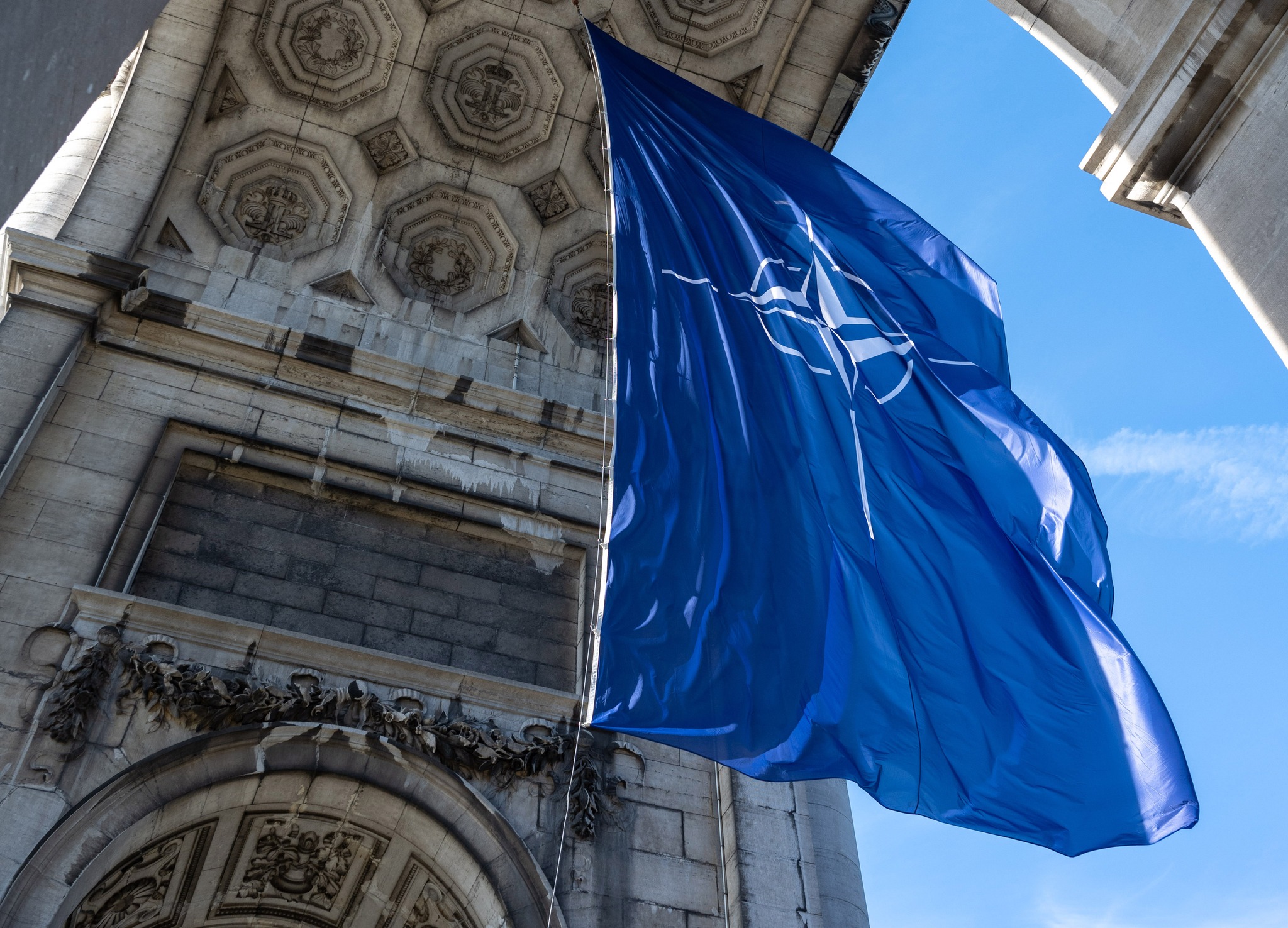
Foreign Minister Péter Szijjártó spoke out against any kind of combat training for Ukrainian forces under the NATO flag, because that could lead to an escalation of the conflict.Continue reading
In an interview with Ukrainian news portal, European Pravda, Edgars Rinkēvičs, the newly elected President of Latvia, pointed out that the main obstacle to Ukraine’s NATO accession is not Hungary, but the uncertain position of the wider group of countries, reports Index.
The interviewer suggested to the President that Ukrainians are afraid of Hungary and its possible veto on Ukraine’s NATO accession. However, Edgars Rinkēvičs did not catch the bait, and said that if it would come to the final decision-making process, he believes that each and every ally would agree. He added however, that “there have not been good answers in many capitals, and we should understand that.”
The Latvian President also talked about the fact that
many member states are not clear about what to do in a situation where a state at war wants to join the alliance and what this means in terms of the fifth article on collective defense.
According to Rinkēvičs, many countries do not have an answer to this question, which is why no progress has been made so far on the issue of Ukraine, while other candidates have been negotiating on joining NATO.
However, the Latvian President is convinced that sooner or later the allies will agree that Ukraine should be admitted to NATO.
“Latvia will do its utmost to make this a reality,” he emphasized.
Latvia’s quasi-support for the Hungarian government is an important thing, because Latvia has a very different position on the war in Ukraine than Hungary, mostly in a sense that they are much more vocal in their condemnation of Russia for the invasion. Latvians are not very supportive of the Hungarian government either, as it was shown in a recent survey. In Latvia, according to a poll by Slovakian research institute GLOBSEC, the share of those who had a positive opinion of Viktor Orbán was below 20 percent. At the same time, more than 40 percent of respondents supported the Hungarian Prime Minister in Slovakia and Bulgaria.
The Hungarian government is often criticized for its opposition to Ukraine’s EU and NATO accession, but the country has its reasons. Tamás Menczer, Secretary of State for Bilateral Relations at the Ministry of Foreign Affairs and Trade, said in early April that
Hungary would not support Ukraine’s integration into the European Union or NATO until the rights of the Hungarian national community, which had previously existed and then taken away, were restored.
At the same time, Hungarian President Katalin Novák recently participated in a meeting of the Heads of State of the Bucharest Nine, after which she said that the B9 were in favor of offering Ukraine the perspective of NATO membership, as well as the Alliance’s “open door” policy. They therefore encourage Ukraine to further reforms in order to achieve NATO and EU membership, the President emphasized, adding that this also concerns respect for minority rights in Ukraine.
Featured photo via Facebook/Edgars Rinkēvičs